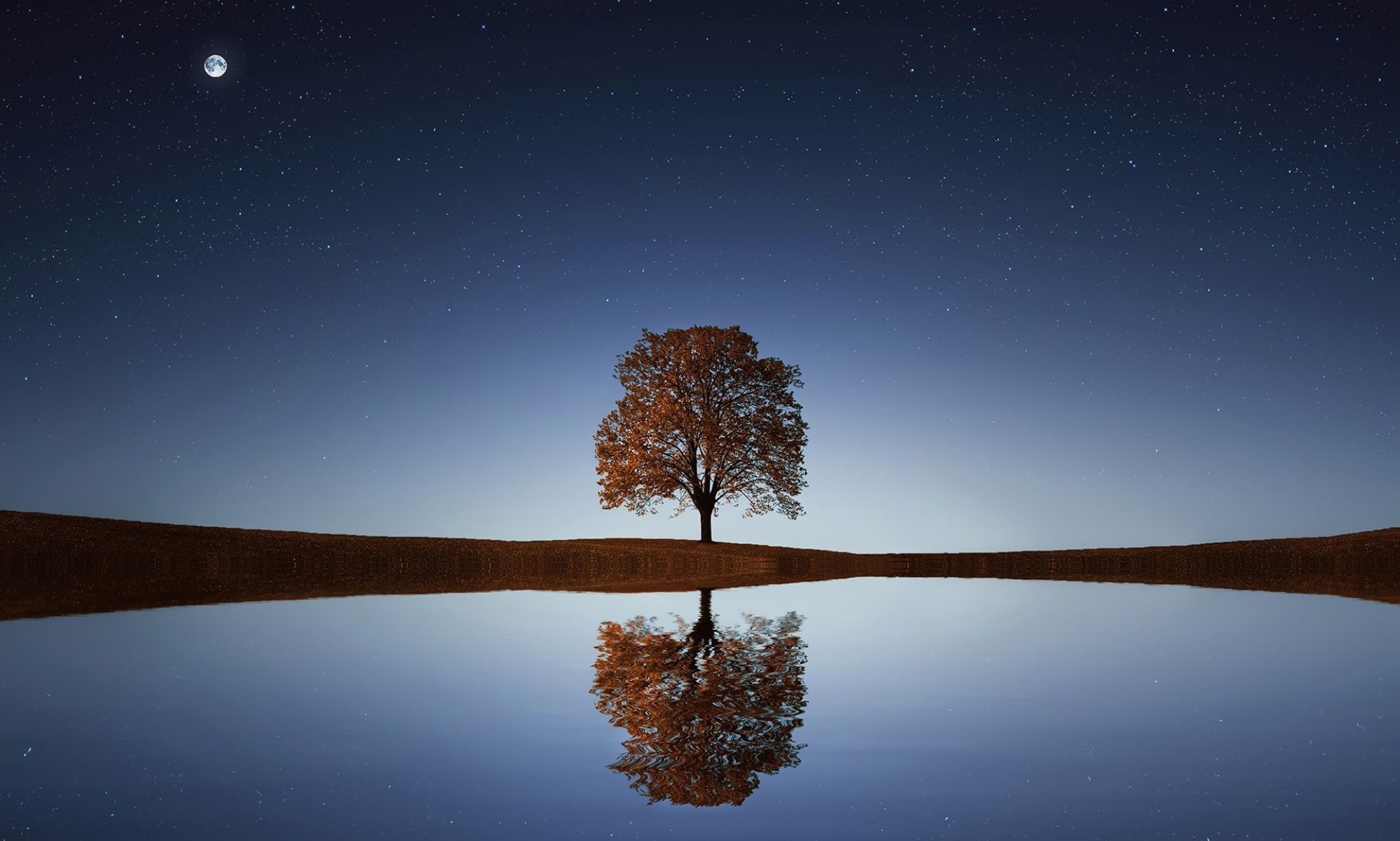It’s now been about a week since the Butler Memorial Scholarship fundraiser went into full swing and and so far the response has been awesome. We’ve also finally received all of the books, stories, essays and poems that will be included with every eReader.
Please join us in thanking these authors for donating these works to the drawing. Remember, each of the 5 eReaders available will come pre-loaded with all of the titles below. It’s a great way to start off your digital library.
Short Fiction
Judgment of Swords and Souls by Saladin Ahmed
Elan Vital by K. Tempest Bradford
The Executioner by Jenn Brissett
The Flinchfield Dance by Mary Burroughs (A Butler Scholar*)
The Abyss Gazes Also By Christopher Caldwell (A Butler Scholar*)
A – The Teachings by Chesya Burke
Chocolate Park by Chesya Burke
He Who Takes Away the Pain by Chesya Burke
The Merchant and the Alchemist’s Gate by Ted Chiang – 2008 Hugo and Nebula award winner
Non-Zero Probabilities by N. K. Jemisin – 2010 Hugo and Nebula nominee
And Their Lips Rang with the Sun by Amal El-Mohtar
Emeritas by Caren Gussoff (A Butler Scholar*)
Message in a Bottle by Nalo Hopkinson
Lena’s Gift by Shweta Narayan (A Butler Scholar*)
Hi Bugan ya Hi Kinggawan by Rochita Loenen-Ruiz (A Butler Scholar*)
Teaching a Pink Elephant to Ski by Rochita Loenen-Ruiz
Sex Degrees of Separation by Terence Taylor
Non-Fiction
Beyond Duality by Moondancer Drake
Novels
King Maker: The Knights of Breton Court by Maurice Broaddus (Angry Robot)
Racing the Dark by Alaya Dawn Johnson (Agate Bolden)
The Burning City by Alaya Dawn Johnson (Agate Bolden)
Redemption In Indigo by Karen Lord (Small Beer Press)
Anthologies and Collections
A Mosque Among the Stars, ed. Muhammad Aurangzeb Ahmad, Ahmed A. Khan (ZC Books)
Being Full of Light Insubstantial by Linda Addison – Winner of the 2007 Bram Stoker Award (Space and Time)
Tides From The New Worlds by Tobias S Buckell (Wyrm Publishing)
Slightly Behind and to the Left: Four Stories and Three Drabbles by Claire Light (Aqueduct Press)
The Honey Month by Amal El-Mohtar (Papaveria Press)
Paper Cities, An Anthology of Urban Fantasy, ed. Ekaterina Sedia – Winner of the 2009 World Fantasy Award (Senses Five Press)
Filter House by Nisi Shawl – Winner of the 2008 James Tiptree Jr. Award (Aqueduct Press)
Steam-Powered: Lesbian Steampunk Stories, ed. JoSelle Vanderhooft
Magazines
Apex Magazine November 2010 (Issue 18 – The Arab/Muslim Issue), ed. Catherynne M. Valente
Sybil’s Garage no. 7, ed. Matthew Kressel
If I left off any award nominations or wins for any of these works, please let me know!
Special thanks to the book publishers who donated longer works and converted them into the necessary formats for us.
I hope seeing this list of fiction has inspired you to go and buy a ticket for the chance to win one of the eReaders on offer. If you’ve already bought one, buy another, or three! Each ticket you buy increases your chances.
*These authors are workshop alumni who received financial assistance toward their Clarion or Clarion West tuition via the Octavia E. Butler Memorial Scholarship.
